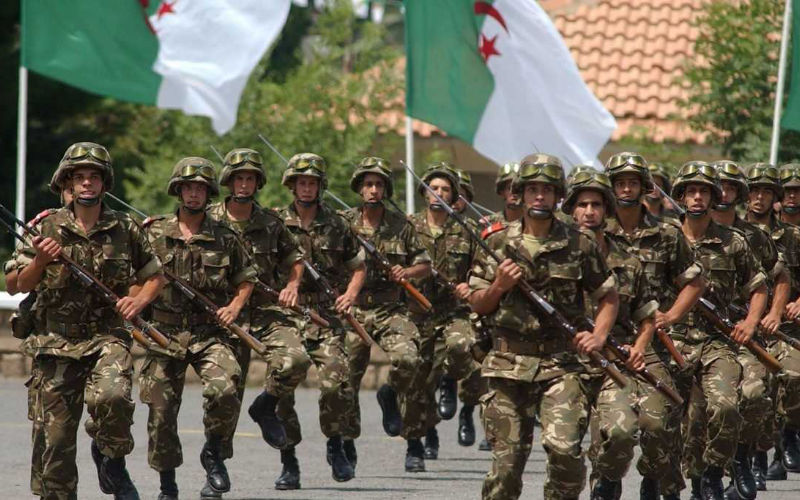Algeria’s Controversial Mobilization Law Sparks Fears of Surveillance and Diplomatic Tensions

Certain provisions of the new Algerian law on general mobilization, particularly those relating to the conviction of nationals of "hostile" undeclared countries, are the subject of strong criticism.
Article 57 of this new law published in the Official Journal on July 27, 2025, provides for a prison sentence of between six months and two years, as well as fines of up to 200,000 Algerian dinars, for any person who does not report the presence of nationals of hostile countries on Algerian territory to the authorities. However, the law does not specify what it means by "hostile countries", which suggests that Moroccans residing in the country are the primary targets.
The text also requires any Algerian citizen, in the event of a declaration of mobilization, to comply with the orders of summons and requisition, to implement security and defense measures, and to refrain from disseminating any information that could hinder the proper conduct of the mobilization. It gives the government, particularly the Ministry of Defense, extensive powers to requisition people and property, suspend retirement pensions in sensitive positions, and transform civilian production to meet the needs of the army.
Politically, the law seems to be part of a policy of isolating Algeria on the international stage, in a context of diplomatic crisis with Morocco since August 2021 and tensions with France due to its support for the Moroccan autonomy plan for the Moroccan Sahara, expressed in mid-2024, but also with Mali, after the fall of an Algerian drone in the airspace of that country.
The "Union for Change" party has expressed concerns following the adoption of this law, fearing that this text may become a legal tool for internal surveillance and repression of specific groups, including the Moroccan community. The political party has called for a national debate on the subject, noting that this law marks a step towards the militarization of the state and the restriction of civil liberties, at a time when the country is facing deep economic and social crises that require urgent responses.
Related Articles
-

Hidden in Italian Forests: Moroccan Youth Exploited in Shocking Drug Trafficking Ring
6 August 2025
-

From Dishwasher to Restaurant Mogul: Moroccan Immigrant’s American Dream in Las Vegas
6 August 2025
-

Ontario’s Doctor Shortage: French-Speaking Physicians Left Behind in Foreign Recruitment Program
6 August 2025
-

Tragic Vacation: Teen’s Fatal Allergic Reaction in Morocco Sparks Restaurant Safety Debate
6 August 2025